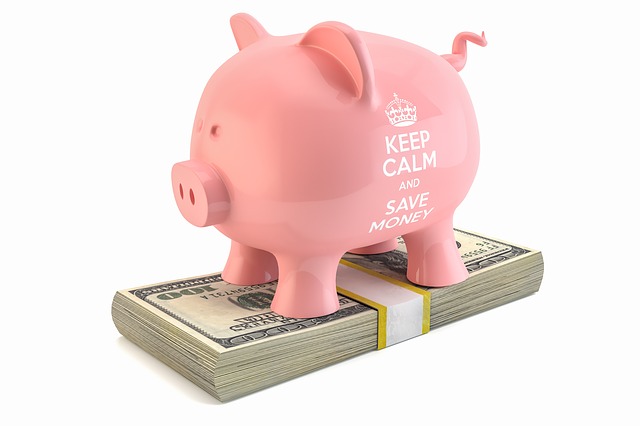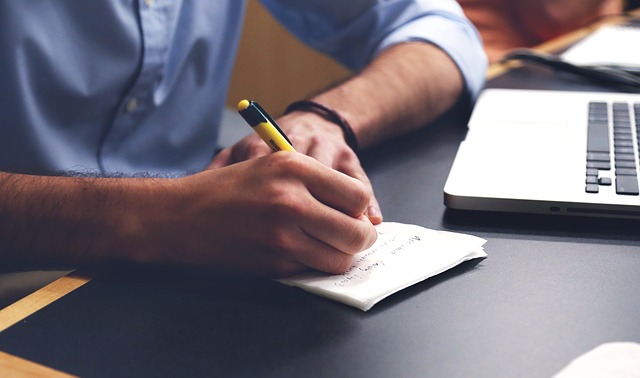Debt is a big scary word. Because it’s a big scary word, we avoid it. We put it off, we leave the bank statements and letters unopened, and we avoid our money worries. Then, our debts get worse, they grow and develop and suddenly what was once a small, manageable debt is a giant mountain that we can’t see how we’ll ever manage to pay off.
But, it’s important that you do. With huge debts, you’ll struggle to improve your credit rating; you won’t be able to take out a large loan if ever you need one, perhaps for a mortgage. And, you’ll be paying huge amounts of money out every month, on essentially nothing. Money that you earn won’t really be yours, and you won’t be able to start saving for your retirement.
Make this year the year that you face up to your debts, and start doing something about them. It could well change your life.
Find Out How Bad It Is
The thing about avoiding debt is that it can quickly change. Interest rates can be huge, overdraft charges crippling and soon you’ll have no idea what’s going on with your finances. The first step to doing something about it is understanding where you are.
Log into online accounts, visit branches and get all the information you need about what you owe. Look at what you are paying each month, how much interest you are paying and total up how much you owe altogether. It might not be as bad as you think.
Make a Plan
Next, you want to make a plan. If you can, taking out a loan to consolidate your debts can be the best option. A secured personal loan can have lower interest rates, and you are more likely to get accepted if you have bad credit. Take a look at loan options to find the best deal for the amount that you need.
If for some reason you can’t get a loan, put your debts in order. If you’ve got a credit card that’s charging you 20% interest, and a loan that’s 6%, even with less debt, the credit card is costing you more. So, it’s a good idea to pay it off first.
Start Paying it Off
You’re going to focus on the top of that list first. So, set up a direct debit to pay the minimum on the rest, so that you can’t forget. Then, pay whatever you can afford on the top one. If that’s only the minimum at the moment, set up a direct debit for the amount you paid last month. The minimum will reduce, so you’ll always be paying off more. Increase the amount, or pay extra whenever you can.
Of course, if you’ve only got one debt, that’s all you need to pay. But, it’s still important to reduce it as much as you can as fast as you can.
Whatever you do, don’t let your debts get you down. With some careful planning and budgeting, you can clear them. You just need to face up to things and get on with it.








